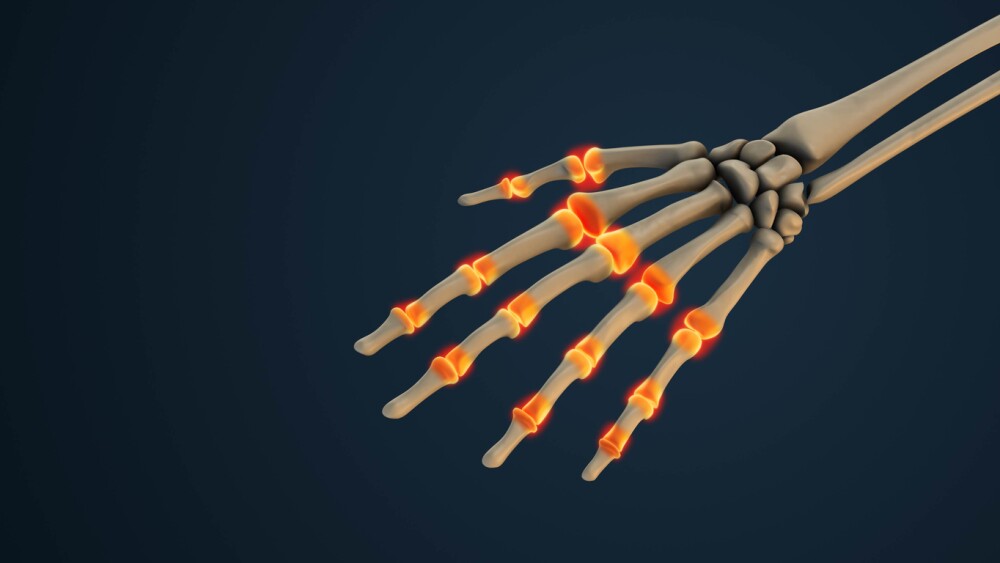With the addition of PET, SPECT, and CT capabilities and the expertise developed by SINAPSE, the BAIR will now provide PET, SPECT, and CT imaging for a variety of research groups within the Beatson Institute, the West of Scotland Cancer Center, and other collaborators. The immediate use of the Albira will be to support oncology studies centered on understanding the genetic basis of pancreatic, colon, breast, and skin cancers and their response to treatment. The Albira system provides a 3D quantitative capability to study biological processes at the tissue and cellular level and will be used in a wide variety of research studies.
Prof. Kurt Anderson, PhD, Research Professor and BAIR Director, says “the combination of PET, SPECT, and CT technologies in one instrument provides investigators at our institutions the flexibility to support research programs across many areas of cancer research such as biomarker, theragnostics, and drug development. Use of these techniques will foster greater collaboration among researchers and help us build closer ties with our clinical imaging colleagues at the West of Scotland PET center.”
The Albira system features a unique modular architecture that introduces an exclusive, patented single crystal detector and associated electronics for rapid acquisition and reconstruction of highly resolved quantitative PET and SPECT images. This approach contrasts with the pixelated crystal technology used in most current PET and SPECT systems today.
Dr. Anderson was also pleased with the ease of use of Albira software in the acquisition, reconstruction, and analysis of images. “The workflow and interface of the software has clearly been designed with the end user researcher in mind. The complete imaging process is intuitive from the beginning whether you are acquiring a simple PET image or co-registering between PET, SPECT, or CT imaging modalities.”
About SINAPSE
SINAPSE is a consortium of six Scottish universities (Aberdeen, Dundee, Edinburgh, Glasgow, St. Andrews, and Stirling) established with funding from the Scottish Funding Council, the Chief Scientific Office and the six Universities. The main research focus is on imaging the brain, with additional interests in oncology and cardiovascular imaging. The technology focus is primarily on magnetic resonance imaging (MRI), positron emission tomography (PET), single photon emission computed tomography (SPECT), and electrophysiology (EEG). The network provides funding that has increased the number of key research staff and students within Scotland and it allows the sharing of skills and education via e-learning, seminars and other key events.
About The Beatson
The Beatson Institute for Cancer Research conducts a program of world-class science directed at understanding key aspects of cancer cell behavior, and translation of basic science results into new therapies, diagnostic, and prognostic tools aimed at improving the lives of cancer patients. The institute is core funded by Cancer Research UK, and benefits from close interaction with the University of Glasgow, including strong links to the West of Scotland Cancer Center. For more information visit www.beatson.gla.ac.uk.
About Carestream
Carestream Health is a worldwide provider of dental and medical imaging systems and healthcare IT solutions; molecular imaging systems for life science research and drug discovery/development; x-ray film and digital x-ray systems for non-destructive testing; and advanced materials for the precision films and electronics markets. Carestream Molecular Imaging, a division of Carestream, develops and markets high performance digital imaging systems for in vitro and in-vivo imaging, PET/SPECT/CT solutions, film and accessories for the life science research, specimen radiography and drug discovery/development market segments. For more information on Carestream Molecular Imaging, visit mi.carestream.com or call 1-877-747-4357, express code 7. Outside of the United States, call 1-203-786-5657.




